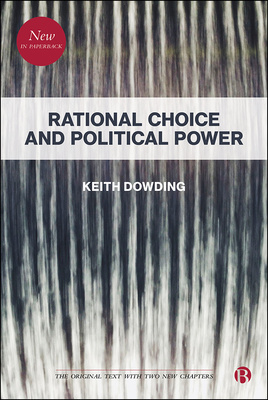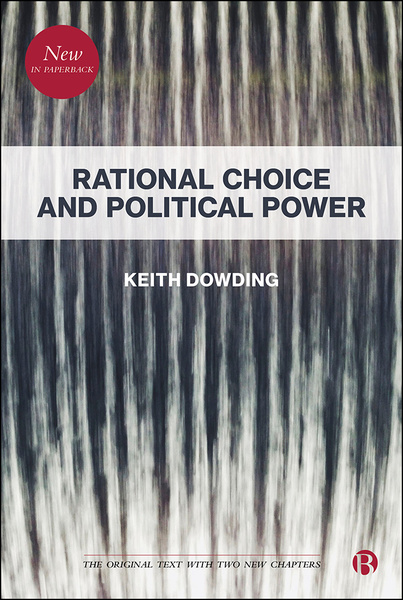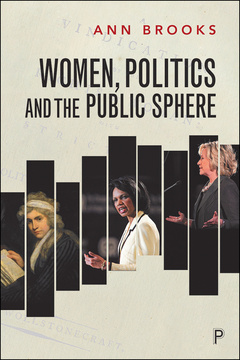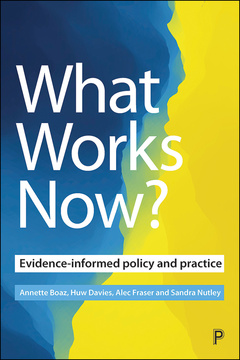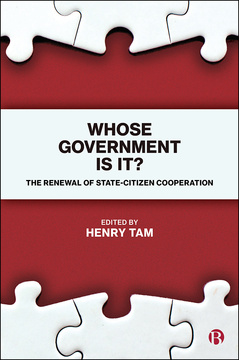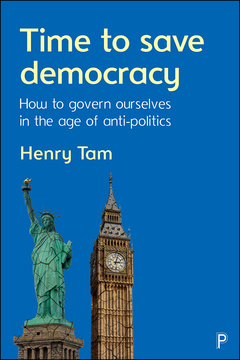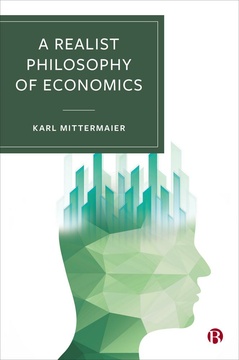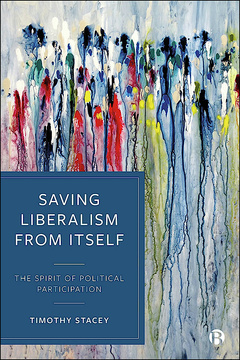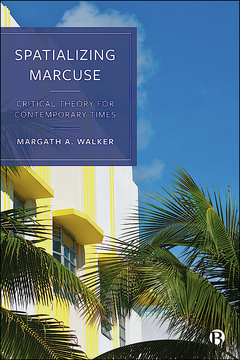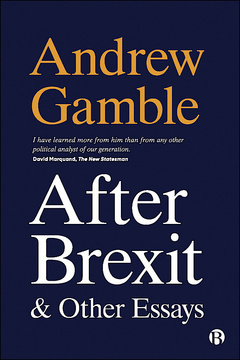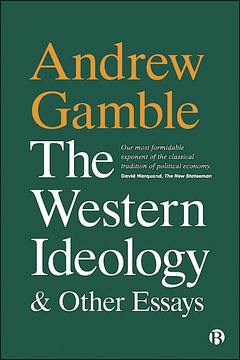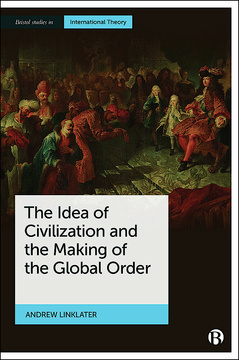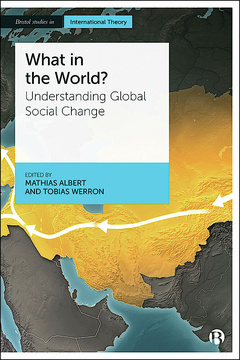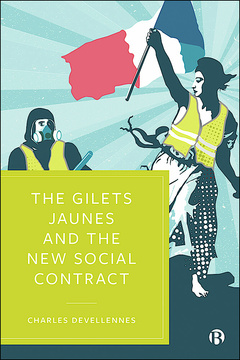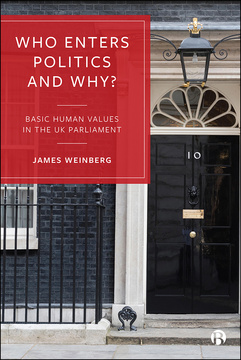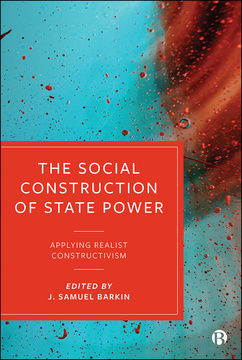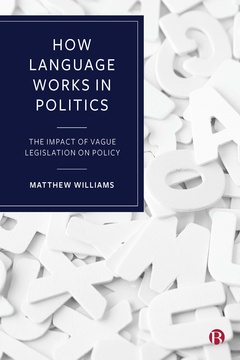Rational Choice and Political Power
By Keith Dowding
Published
Jul 17, 2019Page count
256 pagesISBN
978-1529206333Dimensions
234 x 156 mmImprint
Bristol University PressPublished
Jul 17, 2019Page count
256 pagesISBN
978-1529206357Imprint
Bristol University PressPublished
Jul 17, 2019Page count
256 pagesISBN
978-1529206364Imprint
Bristol University PressFeaturing a substantial new introduction and two new chapters in the Postscript, this new edition makes one of the most significant works on power available in paperback and online for the first time. The author extensively engages with a body of new literature to elucidate and expand upon the original work, using rational choice theory to provide:
•An examination of how, due to the collective action problem, groups can be powerless despite not facing any resistance
•Timely engagement with feminist accounts of power
•An explanation of the relationship of structure and agency and how to measure power comparatively across societies
This book’s unique interaction with both classical and contemporary debates makes it an essential resource for anyone teaching or studying power in the disciplines of sociology, philosophy, politics or international relations.
“Anyone interested in politics must think about how we conceive of and, as far as possible, measure power. This book does just that and is still one of the clearest, analytically rigorous and politically crisp accounts on power available.” Andrew Hindmoor, University of Sheffield
Keith Dowding is Distinguished Professor of Political Science and Political Philosophy in the School of Politics and International Relations, Australian National University.
Introduction to the New Edition
Part I. THE ORIGINAL TEXT
1. Introduction
2. Rational Choice and a Theory of Action
3. Preferences and Objective Interests
4. Political Power and Bargaining Theory
5. Collective Action and Dimensions of Power
6. State Power Structures
7. Preference Formation, Social Location and Ideology
8. Conclusions
Part II. POSTSCRIPT
9. Some Further Thoughts on Power
10. The Nature of the Exercise







